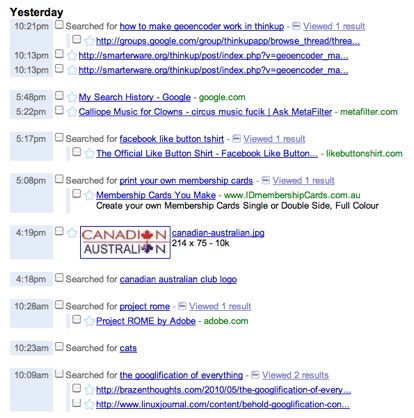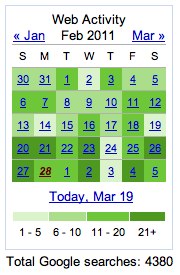I took part in the Open Content Licensing for Educators online course that ran all last week. It was run by the team at WikiEducator and was a great insight into the many copyright issues that can be addresses by creating Open Educational Resources using clear and open licensing terms.
I know that many educators don’t think in terms of “licensing” their work, but really, whenever you make something that can be used to help either you or others teach, it’s a “resource” and the way that you indicate how you are prepared to let others use that resource can be considered a “license”.
The thing that became screamingly obvious as I worked through the online course content last week was that…
a) All educators need to get much, much better at MARKING our work (where we’re allowed to) with some form of designation that indicates how we wish to share it. We all produce resources, but very few of us consciously consider marking those resources with a “license” to indicate how we want to allow (or restrict) others to use them. Creative Commons is ideal for this purpose, but there are other options too, such as AEShareNet.
The point is, whatever you choose to use, use something. (I know that some of you will rightly point out that the copyright for work you produce for your employer is technically the property of your employer… I don’t even want to go down that slippery slope right now… I’m just saying that, where you are able, when you are allowed, PLEASE add some indication to the resources you produce to indicate how you will permit further reuse and remixing of those resources. I’m sure we have all experienced the frustration of finding a good resource that we’d like to reuse, but cannot find any mention of how the creator intended to share it… when it’s not marked as shareable then have to assume it’s covered by full All Rights Reserved copyright, and therefore we are technically unable to use it until we get permission… it’s a pain in the neck!)
And secondly..
b) For education, the best type of license is a CC-BY or a CC-BY-SA. These are the only two CC license types that are classed as “Culturally Free”, meaning that they allow real sharing, reuse and remixing by others. Adding the well-intentioned NC (Non Commercial) or ND (No Derivatives) to a CC license can still make it difficult for people to use your stuff easily and legally, and in some ways are almost as restrictive as full copyright. There are obviously places and situations for all six of the various CC license types, but for education and to allow real freedom to share, BY or BY-SA are the best ones.
Whatever terms you decide to use (although I’d encourage you to use the most free – libre – license you can) please mark your work – worksheets, powerpoints, IWB presentations, videos, etc – with something to let downstream users clearly know what they can and can’t do with your work.

 Many people don’t realise it, but if you use Google’s search services while signed into your Google account (which you already have if you use Gmail) then
Many people don’t realise it, but if you use Google’s search services while signed into your Google account (which you already have if you use Gmail) then  Whether we like it or not, in a digital age we all leave a trail behind us.
Whether we like it or not, in a digital age we all leave a trail behind us. This is an experiment. I’m using DragonDictate, a program for the iPad that lets you talk directly into the computer as it turns your words into text. A teacher at school today asked me about using dictation and word recognition software for her students that had trouble with learning.
This is an experiment. I’m using DragonDictate, a program for the iPad that lets you talk directly into the computer as it turns your words into text. A teacher at school today asked me about using dictation and word recognition software for her students that had trouble with learning.